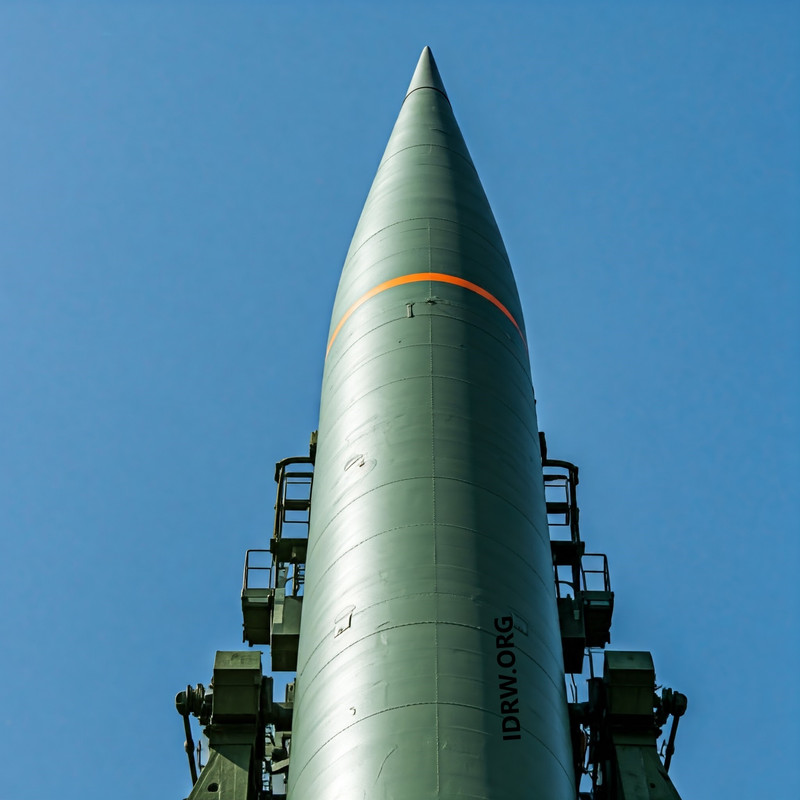SOURCE: AFI


Prof. Dr. Zafar Nawaz Jaspal, a defense analyst from the School of Politics and International Relations at Quaid-i-Azam University, Islamabad, recently suggested that India’s potential development of an intercontinental ballistic missile (ICBM) named “Surya” could extend its missile range to include Western countries. Speaking to World Echo News, Jaspal claimed that the proposed Surya ICBM would have a range of 10,000 to 12,000 kilometers, theoretically bringing the United States within range of India’s missile capabilities. Jaspal’s comments hint at concerns within Pakistan about India’s advancements in missile technology and its potential global reach.
Jaspal also said that the development of such missiles should concern Washington, Europe and Russia more than Islamabad this current gen of Indian missiles can target anywhere in Pakistan.
However, it is important to note that the Defense Research and Development Organisation (DRDO) of India has consistently denied the existence of any Surya ICBM project. Past statements from DRDO officials have clarified that India is focused on enhancing its defensive capabilities within its strategic requirements, with no public confirmation of plans to develop an ICBM that extends beyond the reach of its current Agni series.
India’s Agni-V, currently the most advanced missile in its arsenal, has a range of approximately 5,500 to 6,000 kilometers, enabling it to cover most of Asia and parts of Europe. The Agni-V program was designed to enhance India’s deterrence capability in the region, particularly vis-à-vis China. Reports of a Surya missile, if true, would imply a significant escalation in India’s missile capabilities, but DRDO leadership has repeatedly dismissed these speculations.
The Surya missile concept is believed to have originated from speculative reports and discussions within defense circles but has not been substantiated by any official Indian government source. The DRDO has emphasized its policy of restraint and adherence to India’s “no first use” nuclear policy, indicating that it is committed to maintaining a credible minimum deterrent rather than developing an arsenal that targets distant nations.
For now, Indian defense authorities appear to be prioritizing advancements in other areas, such as indigenous ballistic missile defense systems and modernizing its existing missile arsenal. India’s defense establishment has remained largely focused on threats within its immediate region rather than extending its missile reach to Western countries, including the United States.